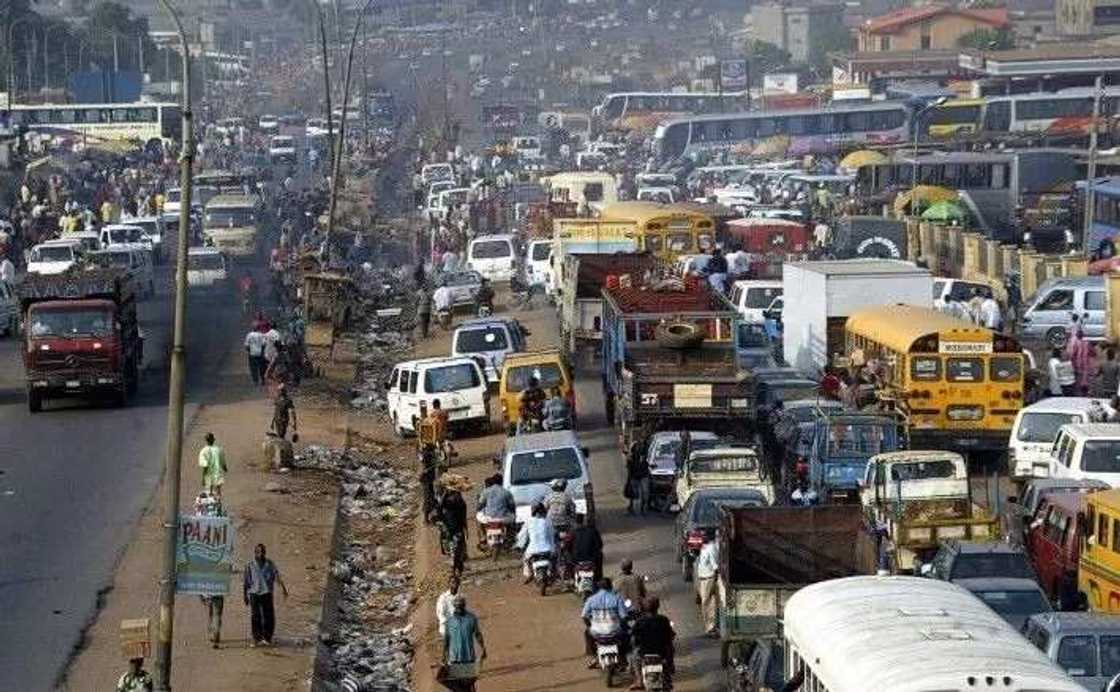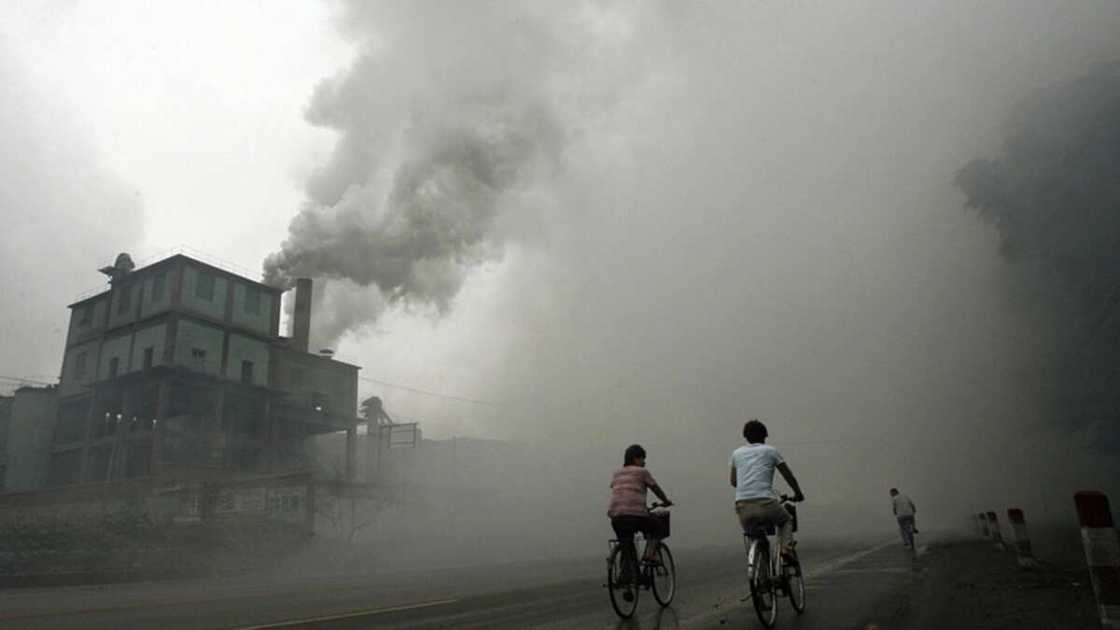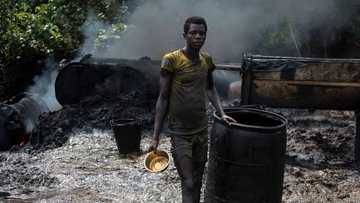Causes and effects of air pollution in Nigeria
Air pollution in Nigeria and many other countries in Africa and all over the world is a big problem of the 21st century. The first discussions about air pollution becoming a global issue began in the 1960s and continues in 2018. What are the effects of air pollution in Nigeria? What are its consequences and where are we heading?

The industrial revolution plays a big role in air pollution issue, but it is not the only thing responsible for Nigerian air pollution consequences. Gases, smoke, ashes, fume, fires, dust have always been around, but all these natural air pollutants didn’t do as much as humans.
READ ALSO: Problems of waste management in Nigeria
Air pollution in Nigeria
The World Health Organization mentioned Nigeria as a country with several worst polluted towns. That list included Onitsha, Aba, Kaduna, and Umuahia. But these are not the only areas with extreme PM10 levels (particulate matter concentration) used to measure air pollution across the planet. The effects and consequences of polluted air in Nigeria is investigated by Environmental Protection Agency.

Unfortunately, when foreigners talk about African countries, including Nigeria, they mention the garbage, smog, loud traffic, and severe pollution.
Actually, there are several types of pollution. The main ones are food, water, and air. They all can be dangerous, but right now we want to focus on the effects of air pollution in Nigeria. What causes it?

Just as it happens in most other countries worldwide, the biggest pollutants in Nigeria are:
- Old vehicles and other types of transportation.
- Industrial waste disposals from big companies.
- Fires in the woods.
- Fuel burning.
Air pollution can happen anywhere you are:
- Indoors: at school, home and office (gas stoves, air conditioners, etc.)
- Outdoors: on the streets (cars, industrial production, etc.)
The biggest changes and effects Nigerians and all humans can experience from air pollution are not only real damage to the environment but also bad changes in the quality of life and severe issues to human health. What do we see in 2018?
READ ALSO: Types of environmental problems in Nigeria

Nigerian air pollution consequences
Any type of pollution is harmful and dangerous and will always lead to sad consequences. Here are the main effects of pollution many Nigerians already experience:
- Cement companies built in Kano, Lagos, and other Nigerian territories lead to acid rains.
- Many Nigerian industrial firms pollute ozone levels of the atmosphere by their toxic wastes.
- Houses and buildings built from some types of cement can experience chemical attacks due to air being polluted with sulfur dioxide (this is SO2’s chemical element).
- Some industrial workers suffer from various health problems because of strong air pollution in the industrialized territories.
- Dusty and smoggy air with dirty fuels in it can make you feel dizzy or get migraines periodically.
- Polluted air affects birds, animals, and plants, not only human health.

Each of us has to think about the future and minimize the waste we leave behind, because air pollution is extremely dangerous and this problem exists in Nigeria and across the world.
READ ALSO: Environmental pollution in Nigeria: issues and solutions
Source: Legit.ng




